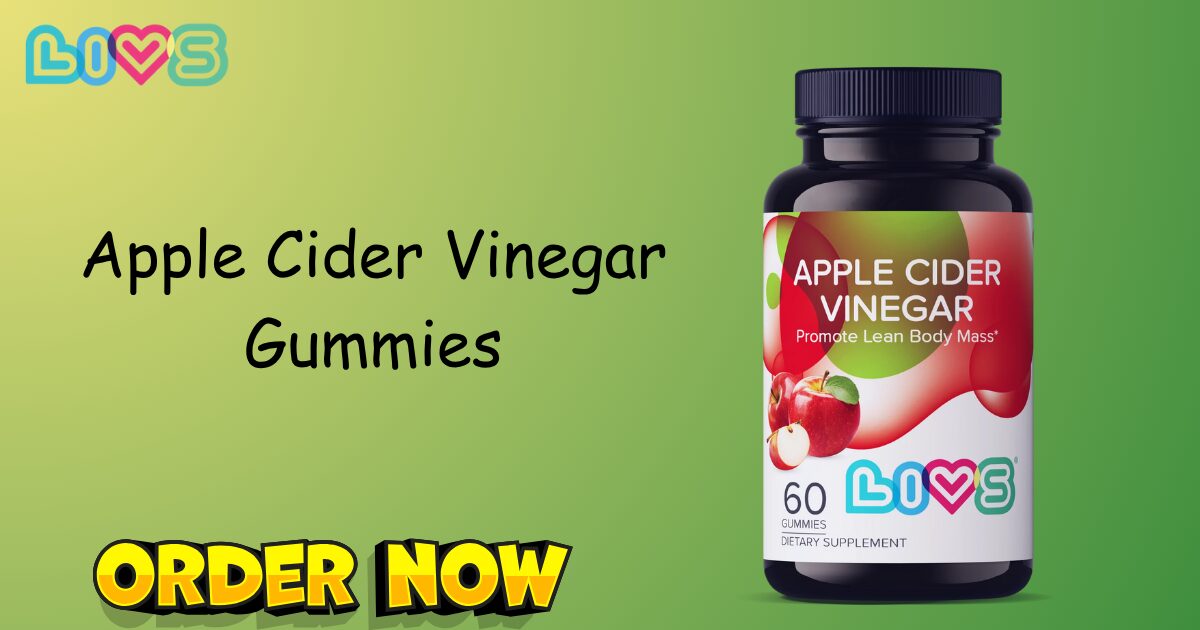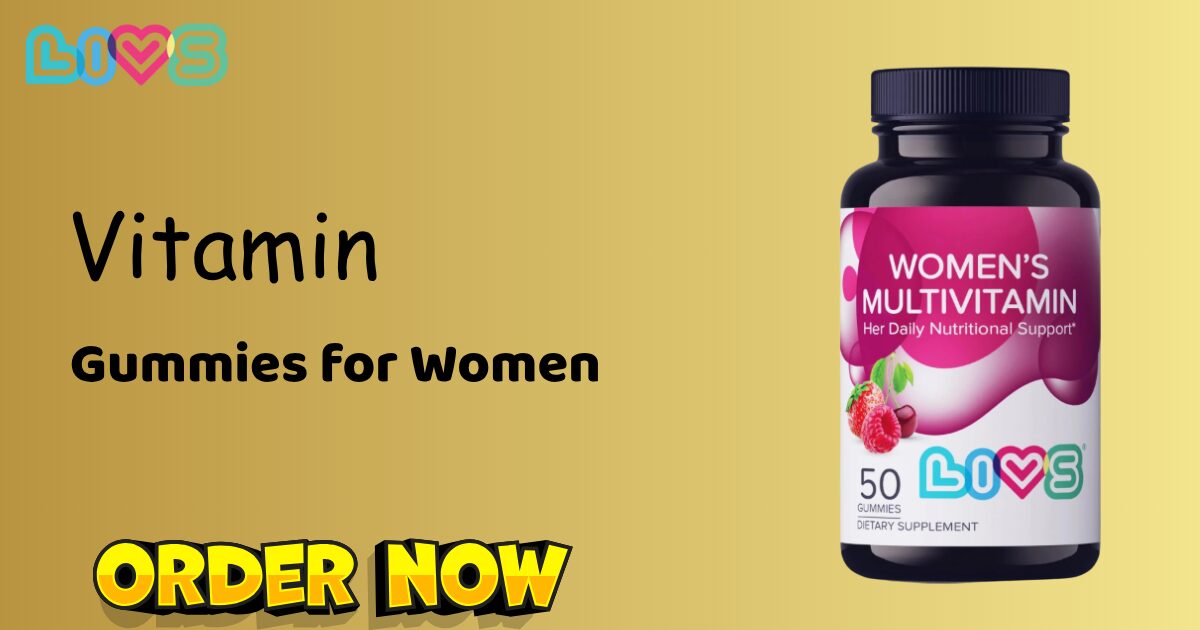In a world where we’re constantly on the go, it can be hard to maintain a perfectly balanced diet every day. That’s where multivitamins come in—offering a convenient way to fill nutritional gaps and support overall health. But how necessary are they really? Can they replace a healthy diet? And who should actually take them?
In today’s fast world, to maintain good health, one needs a balanced diet and essential nutrients. Vidasure Soft gelatin capsules filled with Omega-3 fatty acids, Biotin, Ginseng, Green Tea Extract, Ginkgo Biloba, Grape Seeds Extract, Vitamins, Minerals, and Trace Elements are a powerhouse of nutrients for the body and well-being.
Let’s break down the facts about multivitamins, their benefits, and when you might need them.
What Are Multivitamins?
Multivitamins are dietary supplements that contain a combination of essential vitamins and minerals. These nutrients play critical roles in the body, from energy production and immune function to bone health and metabolism. A typical multivitamin might include:
- Vitamin A, C, D, E, K
- B vitamins (like B6, B12, folic acid)
- Minerals such as zinc, magnesium, calcium, iron, and selenium
Multivitamins come in various forms—tablets, capsules, gummies, liquids—and are available for different needs, such as men’s health, women’s health, seniors, or athletes.
Benefits of Multivitamins
1. Fills Nutritional Gaps
Even with a relatively healthy diet, many people fall short in one or more nutrients. Multivitamins can bridge the gap, especially for those who have limited food variety, dietary restrictions, or poor nutrient absorption.
2. Boosts Energy and Vitality
B vitamins, iron, and magnesium found in multivitamins support energy metabolism and reduce fatigue. A deficiency in these nutrients can lead to tiredness, brain fog, or weakness.
3. Supports Immune Health
Vitamin C, D, and zinc are well-known for supporting immune function. Multivitamins containing these can help the body defend against infections, especially during seasonal changes.
4. Promotes Healthy Aging
As we age, our bodies absorb nutrients less efficiently. Multivitamins tailored for older adults often include higher doses of vitamin D, B12, and calcium to support bone health, cognitive function, and overall wellness.
5. Improves Hair, Skin, and Nails
Many multivitamins contain biotin, vitamin E, and antioxidants that can help improve the health and appearance of hair, skin, and nails over time.
Do You Really Need a Multivitamin?
That depends on your diet, lifestyle, and health status. Some people benefit more than others, including:
- Vegetarians and vegans: May lack vitamin B12, iron, and omega-3s
- Elderly individuals: May have difficulty absorbing nutrients
- People with restricted diets: Due to allergies, illness, or personal choice
- Pregnant or breastfeeding women: Require more folic acid, iron, and calcium
- People with chronic conditions: Like anemia, digestive disorders, or osteoporosis
For the average healthy ***** who eats a balanced diet, a multivitamin may not be essential—but it can serve as a safety net.
Choosing the Right Multivitamin
Not all multivitamins are created equal. Here’s what to look for:
- Formulated for your age and gender
- Third-party tested for quality and purity
- Balanced doses—not megadoses that could lead to toxicity
- Minimal fillers and artificial ingredients
Always check the % Daily Value (%DV) on the label and avoid products that exceed 100% of the daily recommended intake unless advised by a healthcare provider.
Are There Any Risks?
While generally safe, multivitamins aren’t without risks. Taking too much of certain vitamins, like vitamin A or iron, can be harmful over time. Also, supplements may interact with medications or existing health conditions.
That’s why it’s important to consult your doctor or a registered dietitian before starting any supplement regimen, especially if you’re pregnant, nursing, or managing chronic health issues.
Final Thoughts
Multivitamins can be a helpful tool in your wellness routine—but they’re not a substitute for a healthy, balanced diet. Think of them as a backup plan, not the foundation of your nutrition.
Focus on eating whole foods rich in nutrients, staying active, managing stress, and getting regular checkups. Then, if you still need an extra boost, a high-quality multivitamin might be just what your body needs.




